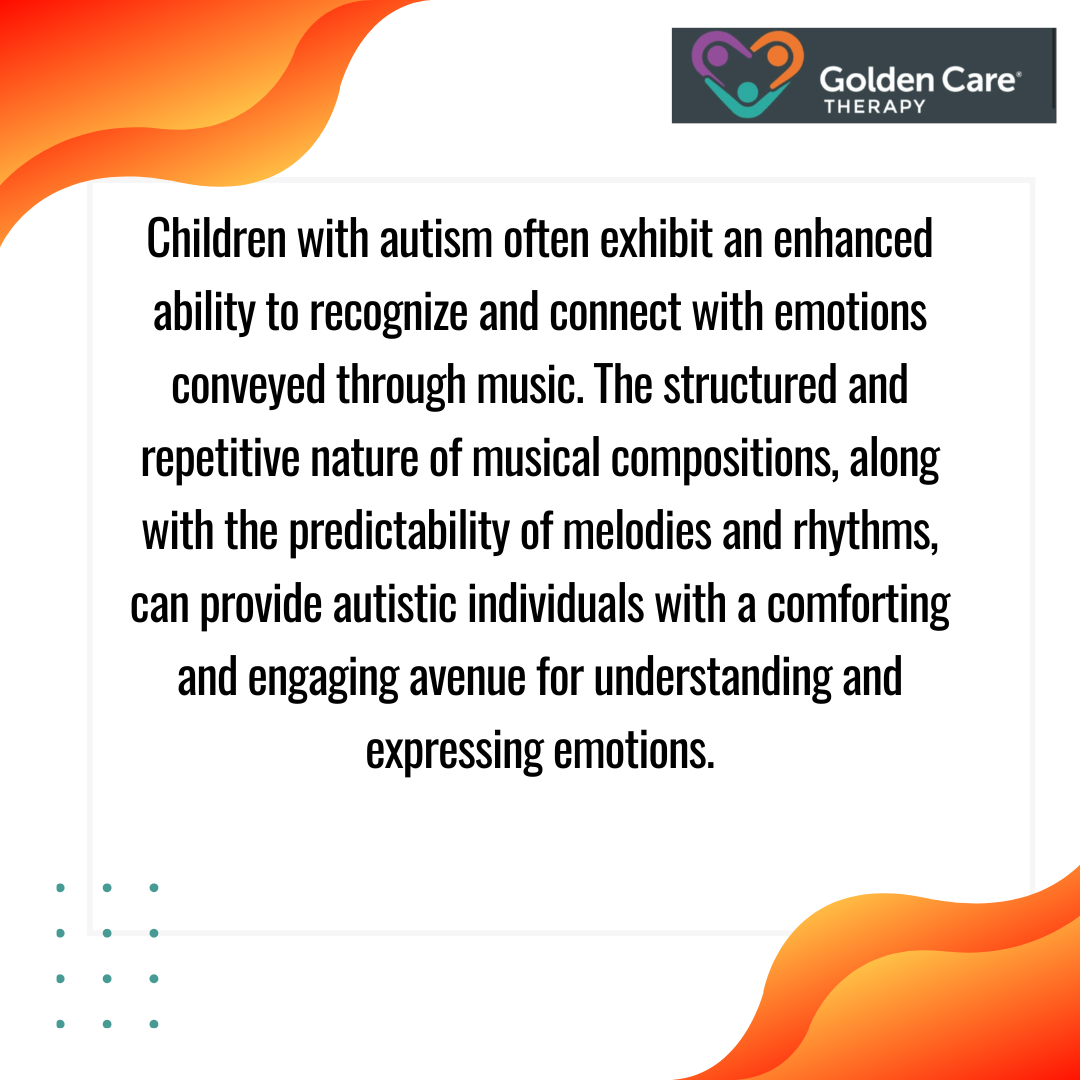
Table of Contents
Understanding emotions can be challenging for some autistic individuals, leading to situations where they might not easily grasp what others are feeling. However, this doesn’t mean they lack emotions; rather, they may struggle to recognize and interpret the emotions of those around them.
This difference in emotional understanding can affect relationships, communication, and social interactions, creating misunderstandings or feelings of frustration for both the autistic individual and those close to them.
Exploring why this happens and how it affects everyday life can provide valuable insight into how autistic individuals experience the world.
Alexithymia in Autistic Individuals
In case you’re wondering, alexithymia is a condition that affects around half of individuals on the autism spectrum. It is characterized by difficulties in identifying and describing one’s own emotions.
Autistic individuals with alexithymia may struggle to recognize and express their feelings, which can lead to challenges in interpersonal relationships and emotional regulation.
The presence of this condition in autistic individuals can have a profound impact on their mental well-being. Research indicates that individuals with autism and alexithymia are more likely to experience anxiety and depression compared to those without this condition.
Furthermore, autistic individuals with severe alexithymia are at a higher risk of developing anxiety over time.
According to studies, autistic individuals are more likely to exhibit clinically significant levels of alexithymia compared to neurotypical individuals. Approximately 55% of autistic individuals struggle with alexithymia, highlighting the importance of addressing this issue within the autism community.
Therapies focused on improving emotional awareness and expression in autistic individuals have the potential to enhance their mental health outcomes and overall quality of life.

Social-Emotional Challenges
As we delve into the social-emotional aspects of autism, it becomes evident that individuals on the autism spectrum often face specific challenges related to communication difficulties and deficits in emotion recognition.
Children diagnosed with autism spectrum disorder commonly experience difficulties in communication, particularly in joint attention. Research indicates that children with autism exhibit lower levels of joint attention compared to typically developing children. This deficit in joint attention, particularly in joint visual attention, can impact their social interactions and ability to engage with others effectively.
In addition to challenges in joint attention, autistic children also exhibit differences in gaze behavior. They tend to spend less time looking at people and more time focusing on objects, in contrast to neurotypical children who demonstrate a greater interest in social stimuli.
This divergence in gaze behavior can hinder their ability to interpret social cues and engage in reciprocal communication effectively.
Deficits in Emotion Recognition
One of the hallmark traits associated with autism is deficits in emotion recognition. Autistic individuals are more likely to exhibit clinically significant levels of alexithymia, a condition characterized by difficulties in identifying and describing emotions, compared to their non-autistic counterparts.
Moreover, higher levels of alexithymia in autistic individuals have been linked to increased self-reported social-communication challenges later in life. This association underscores the profound impact that deficits in emotion recognition can have on social interactions and relationships for individuals with autism.
Recognizing and addressing these social-emotional challenges, particularly the communication difficulties and deficits in emotion recognition, allows caregivers, therapists, and educators to implement tailored strategies to support individuals on the autism spectrum in navigating social interactions and enhancing their emotional understanding and expression.
Mirror Neuron System in Autism
The Mirror Neuron System (MNS) plays a crucial role in social cognition, allowing individuals to understand and mirror the actions, intentions, and emotions of others.
In autistic individuals, however, there is a proposed deficiency in the MNS, which can have significant effects on their social abilities.
One of the key characteristics associated with autism is the dysfunction of the Mirror Neuron System. This deficiency can manifest in various ways, impacting the individual’s ability to engage in social interactions effectively.
The Mirror Neuron System is believed to be responsible for processes such as shared attention, empathy, theory of mind, and gestural and emotional recognition.
Children with autism often exhibit deficits in joint attention, which refers to the ability to share attention with others towards a common point of interest. Children with autism tend to have lower levels of joint attention compared to typically developing children, particularly in joint visual attention.
This deficit can hinder their ability to engage in reciprocal social interactions and understand the perspectives of others.

Effects on Social Abilities
The dysfunction in the Mirror Neuron System in individuals with autism can have profound effects on their social abilities. Difficulties in understanding the intentions, actions, and emotions of others are commonly observed, leading to challenges in interpersonal relationships and communication.
Moreover, differences in gaze behavior are evident in children with autism compared to neurotypical children. Children with autism tend to spend less time looking at people and more time focusing on objects.
This reduced visual attention may contribute to the social communication impairments seen in autistic individuals. This makes it challenging for them to pick up on social cues and emotions in social interactions.
In other words, the deficiency in the Mirror Neuron System in individuals with autism can significantly impact their social abilities, making it challenging for them to navigate social interactions and understand the emotions and intentions of others.
Understanding these underlying neurological differences is crucial for developing effective interventions and support strategies to help individuals with autism improve their social skills and communication.
Music Processing in Autism
Music also plays a unique role in emotion recognition and processing among autistic individuals. This further offers insights into emotional experiences that may otherwise be challenging to grasp.
Autistic Individuals often face difficulties in interpreting emotions from facial expressions and body language, leading to social challenges and feelings of isolation. However, a fascinating phenomenon emerges in the realm of music processing.

Despite facing challenges in deciphering nonverbal emotional cues in interpersonal interactions, autistic individuals may exhibit normal or even heightened skills in recognizing and responding to emotional cues present in music.
This discrepancy highlights the intricate nature of emotion processing in individuals with ASD and the potential of music as a tool for fostering emotional connection and understanding.
Benefits of Music Therapy
The therapeutic potential of music for autistic individuals extends beyond mere enjoyment to encompass significant improvements in various aspects of emotional communication, social engagement, and behavioral responses.
Music therapy has been shown to be particularly effective in enhancing communicative behavior and emotional responsiveness in autistic individuals. Through structured music interventions, they can explore and express their emotions in a safe and supportive environment.
The shared experience of creating music can facilitate meaningful connections and interactions, promoting social engagement and nonverbal communication skills.
Moreover, music therapy can serve as a bridge to foster emotional expression and understanding in autistic individuals. By engaging in musical activities that encourage shared participation and expression, autistic individuals can explore and communicate their emotions in ways that may be challenging through conventional verbal communication.
The incorporation of music therapy into interventions for individuals with ASD underscores the transformative power of music in promoting emotional well-being, social connectivity, and overall quality of life.
Addressing Emotional Communication
Working on enhancing emotional communication in individuals with autism is crucial for their overall well-being and social interactions. Therapies for alexithymia and strategies to improve social engagement play a significant role in supporting autistic individuals in navigating their emotions and relationships effectively.
Around half of autistic individuals experience alexithymia. This challenge can contribute to increased anxiety in autistic individuals. Autistic individuals with severe alexithymia are more prone to developing anxiety over time compared to those without this condition.
Therapies targeting alexithymia aim to help autistic individuals recognize and express their emotions more effectively. By addressing this emotional processing deficit, these therapies have the potential to enhance mental health outcomes and improve the quality of life for individuals with autism.
Autistic Individuals often encounter obstacles in emotional communication, such as understanding nonverbal cues and interpreting others’ emotions. These difficulties can lead to feelings of isolation and social withdrawal.
However, they may excel in recognizing basic emotions through music and exhibit typical or advanced skills in specific aspects of music processing.
Music therapy has emerged as a valuable intervention, demonstrating notable improvements in communication skills, emotional responsiveness, and social engagement. Through music interventions, individuals with autism can enhance their communicative abilities, engage more effectively in social interactions, and improve nonverbal communication skills.
Focusing on therapies that address alexithymia and leveraging strategies, such as music therapy, to enhance social engagement, helps autistic individuals strengthen their emotional communication skills and foster more meaningful connections with others. These approaches play a vital role in supporting the emotional well-being and social growth of individuals on the autism spectrum.
Not fully understanding emotions is just one aspect of autism that makes each person’s experience unique. It’s not a flaw but a different way of seeing the world. By fostering patience, empathy, and clear communication, we can help those with autism navigate their emotional landscapes more confidently, creating stronger connections and a more inclusive community.
Understanding emotions may be challenging, but with support and understanding, it’s a journey that can lead to meaningful growth and connection. If you’re seeking guidance, ABA therapy in New Jersey, Indiana, Georgia, and New York can be a valuable resource. Contact us at Golden Care Therapy today to learn how they can help you or your loved one navigate this journey with expert care.
Sources:
- Autism and Feeling Empty: What’s the Connection? - September 19, 2024
- Addressing Autism and Anger Issues - September 19, 2024
- Embracing Autism and Self-Acceptance in Daily Life - September 19, 2024
